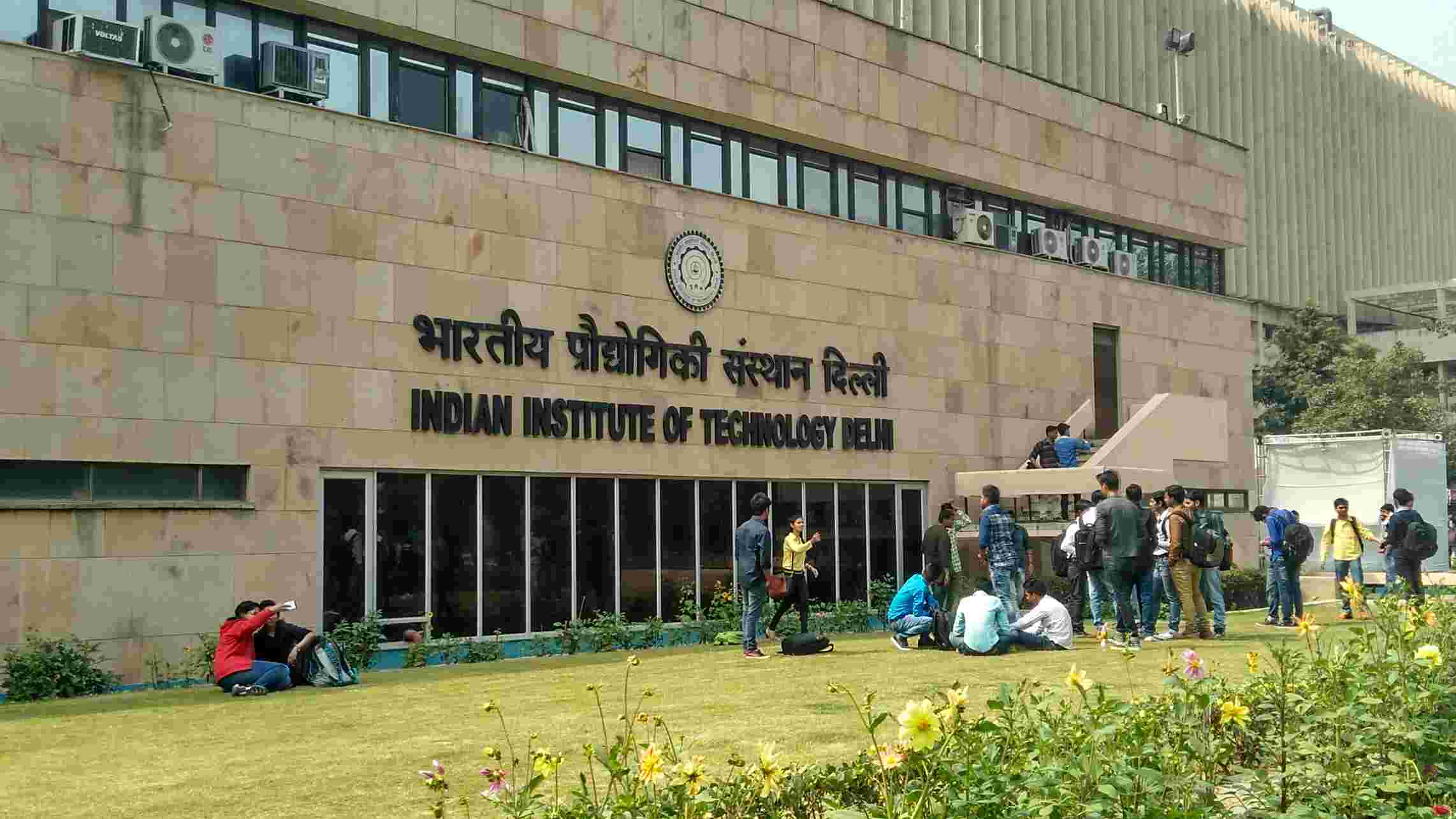The proposed rollout of the first-of-its-kind One Nation One Subscription (ONOS) scheme to make available high-quality research journals to government higher education and research institutions from the next financial year has been delayed.
The government’s negotiation with international publishers for a common subscription of their journals was expected to be over by December 15. The education ministry had in November last year written to all the IITs, NITs, IIMs, central universities and other institutions to put on hold the renewal of their individual journal subscriptions. However, through a letter on January 20, the ministry has asked them to continue their subscription for 2023 too.
The ONOS policy that seeks to provide government higher educational and research institutions digital access to journals from around 70 publishers is intended to reduce India’s annual subscription costs while expanding access to institutions that could not afford certain journals.
The list of publishers includes the American Association for Cancer Research, American Association for the Advancement of Science, American Mathematical Society, American Society of Microbiology, American Institute of Aeronautics and Astronautics, Cambridge University Press, Oxford University Press, Royal Society of Chemistry, Springer Nature, Taylor and Francis, Harvard Business Publishing and citation databases like Web of Science and Scopus.
A panel of experts — the core committee of ONOS — is negotiating with the publishers.
Academicians said the move might have its advantages as well as shortcomings.
V. Ramgopal Rao, former director of IIT Delhi said ONOS was “certainly the right thing to do”, as it would allow some institutions to gain access to journals they could not afford.
Institutions such as IIT Delhi and IIT Bombay typically spend Rs 20-25 crore on journal subscriptions.
“This is important for research. We know from studies that access to specific research journals increases the chance of researchers publishing in those journals,” Rao said. “But ONOS would mean revenue loss for publishers and negotiations are likely to be tough.”
Prof. Sourav Pal, former director of the Indian Institute of Science Education and Research (IISER), Kolkata, and currently the head of the department of chemistry at Ashoka University, said highly acclaimed global journals were gradually embracing open-access mode.
“Many journals in the discipline of biology have already moved from subscription to open-access mode. Many journals are in hybrid mode where some articles are allowed free access and some are under paywall. But overall, the direction is towards open access. In such a situation, the move for ONOS may have its relevance for five to 10 years and then reconsidered depending on the situation,” Pal said.











